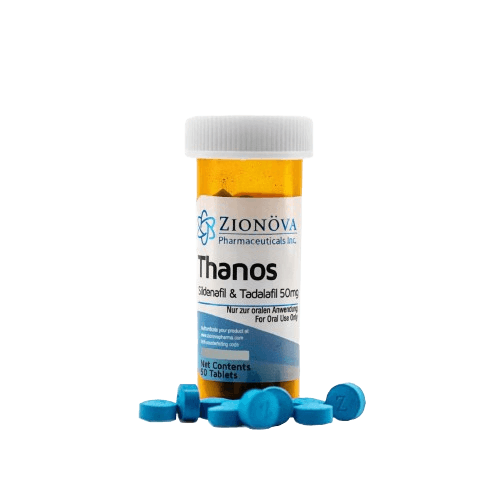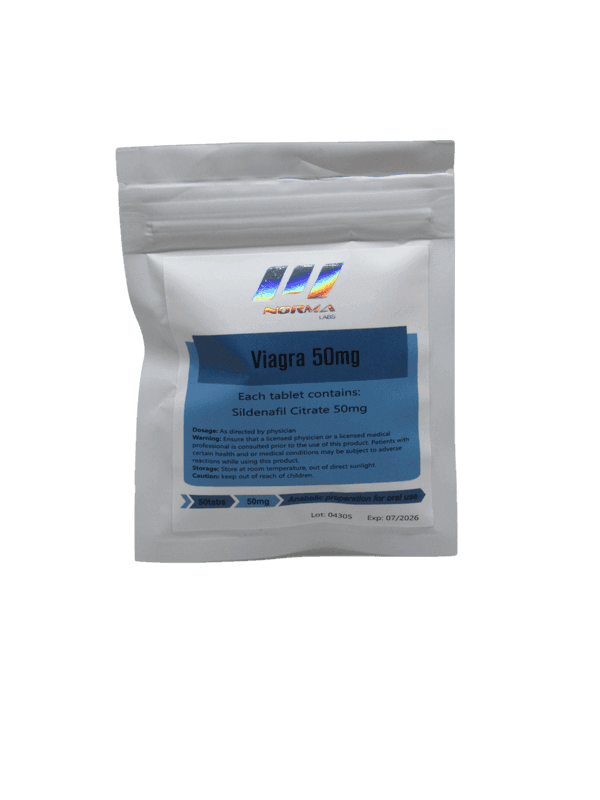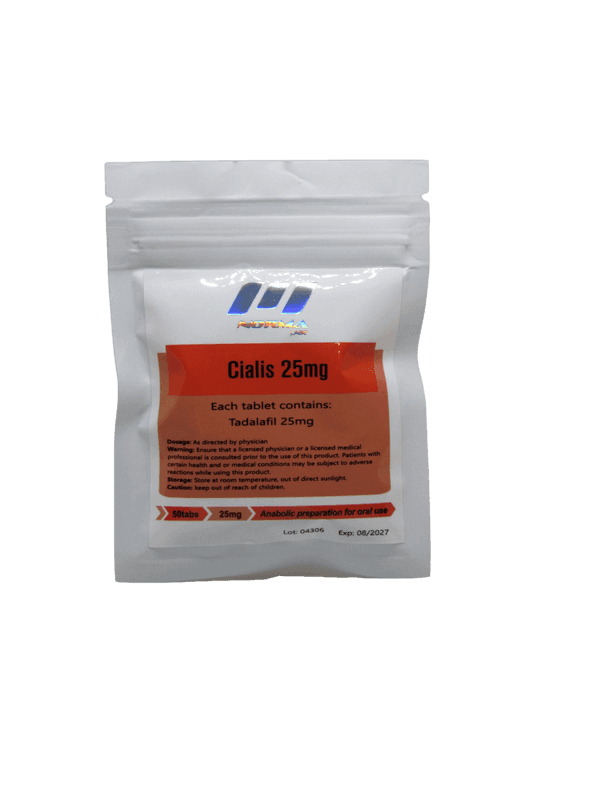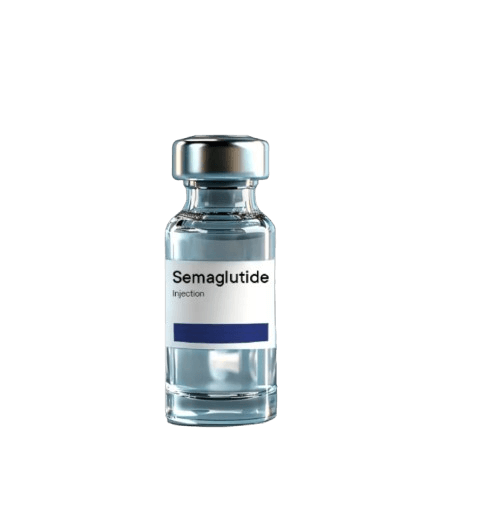When the cogs and gears of the human body become a high-performance machine under the influence of steroids, the invisible veil between health enhancement and potential health risk becomes alarmingly thin. The humble molecule, cholesterol, frequently stigmatized as an emblem of adverse health, performs a fascinating dance in this scenario. It may get overshadowed by the muscle-building prowess of steroids, yet cholesterol plays a fundamental role – like an understated conductor orchestrating an intricate symphony within our bodies. In this compelling narrative,we delve into the intriguing nexus between steroids,cholesterol,and cardiovascular health. We shall steer you through the labyrinth of molecular interactions, uncovering insights on how to manage the hidden cardiovascular risk that might be lurking behind the commanding muscle mass. Welcome on board as we journey through the intricate world of “Steroids and Cholesterol: Managing Cardiovascular Risk”.
Understanding the Connection: Steroids and Cholesterol
Cholesterol is more than just a dietary buzzword; it’s an essential fat that serves as a crucial bio-molecule in our body. Not only does it serve as a component of cell membranes,but it unlocks a key understanding into the impact of steroids on our overall cardiovascular health. This relationship pivots around the fundamental fact that steroids are derived from cholesterol.
Delving deeper into this relationship,we find three primary ways through which steroid use impacts cholesterol levels leading to heightened cardiovascular risk:
- Altering Lipoproteins: Steroids skew the ratio of our “good” (HDL) and ”bad” (LDL) cholesterol.Continued steroid use leads to an increase in LDL and decrease in HDL, setting the stage for arterial plaque buildup.
- Increasing Triglycerides: Chronic use of steroids escalates the levels of triglycerides in the blood. These fat deposits coupled with augmented LDL contribute to atherosclerosis, leading to heart issues.
- Inducing Hypertension: Steroids increase blood pressure, which overworks the heart and blood vessels, multiplying the cardiovascular risk.
Below is a simple table summarizing the effects of steroids on cholesterol:
| Effect | Description |
|---|---|
| Altered Lipoproteins | Increase in LDL (Bad Cholesterol), decrease in HDL (Good Cholesterol) |
| Rise in Triglycerides | Elevated Levels of Blood Fats |
| Hypertension Induction | Increased Blood Pressure |
understanding the link between steroids and cholesterol helps us to comprehend and manage the cardiovascular risks associated with steroid usage.
Shedding Light on the Risk: Cardiovascular Disease and Steroid Use
Anabolic steroids, medically known as anabolic-androgenic steroids (AAS), can adversely impact your cardiovascular health by increasing the level of Low-Density Lipoproteins (LDL) cholesterol – commonly referred to as ‘bad cholesterol’ – while simultaneously lowering the level of High-Density Lipoproteins (HDL) cholesterol or ’good cholesterol’ in the body. This imbalance in the cholesterol level escalates the build-up of plaques in your arteries, leading to an increased risk of atherosclerosis, a condition that can contribute to life-threatening problems such as heart attacks and strokes.
- Proper regulation of steroid use: The key to managing cardiovascular risk associated with steroid use is carefully regulating and monitoring your intake. Non-medical use of steroids can lead to dangerous health consequences.
- regular exercise and a healthy diet: Incorporating physical activity into your routine and maintaining a balanced diet can help mitigate the negative impacts of steroids on cardiovascular health. Focus on consuming foods that are high in omega-3 fatty acids, lean protein, and fibers, while limiting saturated fats and sugars.
- Routine medical check-ups: There is no better prevention than routine health check-ups.Regular monitoring of cholesterol levels and overall cardiovascular health can mitigate potential risks and detect problems early on if they develop.
Managing steroid use and balancing it with a robust lifestyle and dietary habits can keep the associated cardiovascular risks at bay. Though, the vicissitudes in each individual’s body composition and health conditions mean that no naturally occurring solution can substitute routine medical supervision.
| Maintaining Factor | Role in Mitigating Risks |
|---|---|
| Proper regulation of steroid use | Aids in controlling the intensity of side effects |
| Healthy diet and exercise | Promotes overall cardiovascular health |
| Regular medical check-ups | enables early detection of any health problems |
Strategies to Balance Steroids and cholesterol Levels
When it comes to the interplay between steroids and cholesterol, understanding how to balance these two elements can prove to be vital in managing cardiovascular risk. steroids, especially when used for long-term medical treatments, can have important effects on the levels of cholesterol in the body. In this very way, integrating effective strategies into your lifestyle is crucial not only to maintain balance but to reduce potential health risks that can arise.
Here are some strategies to consider:
- maintain a Balanced Diet: A heart-healthy diet, low in saturated and trans fats, and rich in fruits, vegetables and whole grains can help manage your cholesterol levels.
- Exercise Regularly: Incorporating regular physical exercise into your routine, helps increase high-density lipoprotein (HDL or ‘good’ cholesterol) and lower low-density lipoprotein (LDL or ‘bad’ cholesterol) levels.
- Moderate Alcohol Consumption: Drinking alcohol in moderation or avoiding it altogether can prevent the rise of unhealthy cholesterol levels.
- Quit Smoking: Smoking lowers your ‘good’ cholesterol, which will leave the ‘bad’ cholesterol undisturbed in your arteries.
If you’re using steroids, it’s essential to regularly monitor cholesterol levels. This monitoring can be done through a straightforward test known as a lipid panel. Here’s a rapid breakdown of cholesterol levels and what they mean.
| Cholesterol Type | Desirable Level | Risk Level |
|---|---|---|
| Total Cholesterol | Less than 200 mg/dL | High if over 240 mg/dL |
| HDL (‘Good’ Cholesterol) | Above 60 mg/dL | Low if under 40 mg/dL |
| LDL (‘Bad’ Cholesterol) | Less than 130 mg/dL | High if over 160 mg/dL |
| Triglycerides | Less than 150 mg/dL | High if over 200 mg/dL |
It’s vital to note that while balancing steroids and cholesterol can help manage cardiovascular risk, this is one piece of a broader health plan. Always consult with your healthcare provider when modifying your diet, exercise, or medication routines.
Embracing a Heart-Healthy Lifestyle While Using Steroids
Few would dispute that steroids can be an effective tool in maximizing muscle gains. However, their potential impact on cardiovascular health is an aspect that needs to be mitigated and monitored closely. The primary way steroids effect your cardiovascular health is by altering cholesterol levels, or rather the balance between two types: low-density lipoprotein (LDL) and high-density lipoprotein (HDL). LDL is often classified as ‘bad cholesterol’, as high levels can lead to the buildup of plaques in your arteries, whereas HDL is ‘good cholesterol’, removing LDL from your bloodstream. Steroids tend to lower levels of HDL,while elevating levels of LDL,creating a potential risk factor for heart disease.
To safeguard against this, a proactive lifestyle strategy can be crucial. Let’s look at ways to embrace a heart-healthy regimen while using steroids:
- Regular Exercise: Engage in regular physical exercise, including cardiovascular workouts like swimming, jogging or cycling, that are known to help lower LDL, and raise HDL levels.
- Healthy eating: A heart-healthy diet can help strategically control LDL levels. Foods high in saturated and trans fats increase LDL, while foods rich in Omega-3 fatty acids can help increase HDL levels.
- Regular Testing: Regular blood tests can keep you informed about cholesterol levels and how your steroid usage is impacting your cardiovascular health.
- Minimizing Other Risks: Smoking and excessive alcohol consumption can exacerbate cardiovascular risks associated with steroids, and as such, should ideally be avoided.
Below is a table detailing some key heart-pleasant foods, and how they contribute to managing cardiovascular risk.
| Food | Benefit |
|---|---|
| Salmon | Rich in Omega-3 Fatty acids, which can lower LDL levels |
| Olive Oil | Helps increase HDL levels |
| Almonds | Includes monounsaturated fats that lower LDL |
| Spinach | Filled with Lutein – a substance which fights macular degeneration and prevents heart attacks |
Remember, balancing the benefits of steroid use with preserving cardiovascular health requires careful attention and a consistent, active effort. Living a heart-healthy lifestyle can considerably mollify the effects of steroids on your cholesterol levels, and help ensure that you are gaining muscle mass without compromising overall well-being.
Ensuring Proper Monitoring: Regular Check-ups and Tests
When it comes to managing cardiovascular risk associated with steroids and cholesterol, ongoing vigilance is paramount. This starts with regular check-ups. A well-established routine of regular appointments with your healthcare provider allows for early identification of potential issues, changes in cholesterol levels and gauging the impact of any therapeutic interventions. This is also an opportunity for patients to ask questions and clarify doubts, creating a feedback loop for the healthcare provider.
Further,there’s the necessity of routine tests. Blood tests are particularly crucial in monitoring cholesterol levels, liver functions, and other critical markers. The frequency may be dictated by the patient’s overall health condition, steroid usage, and other lifestyle factors. Additionally,body mass index (BMI),waist circumference,and blood pressure measurements become part of the assessment. Echocardiograms and EKGs could also be advised to monitor heart health.
| Health Parameter | Associated Test/Check-up | Relevance |
|---|---|---|
| Cholesterol levels | Blood test (Lipid profile) | Detects higher cholesterol levels posing cardiovascular risks |
| Heart Health | Echocardiogram/EKG | Evaluates heart’s functioning and electrical signals |
| body weight and Composition | BMI and waist circumference measurement | Assesses risk of obesity linked with cardiovascular diseases |
| Liver functions | Blood Tests (Liver function tests) | Tracks any liver damage due to prolonged steroid use |
Implementing these approaches allows healthcare providers to effectively manage the holistic health of patients using steroids, paying due attention to their cholesterol levels, and ultimately, mitigating cardiovascular risk.
navigating Medications: Doctor-Recommended Approaches to Manage Risk
When it comes to managing cardiovascular risk, the most essential factor to consider is understanding how steroids affect cholesterol levels. Steroids, an integral subset of medication, can have a significant effect, resulting in high cholesterol.Too much cholesterol can lead to serious problems including heart disease and stroke. There are a few doctor-recommended approaches that can definitely help combat these risks.
First and foremost, regular monitoring of cholesterol levels is critical when using steroids. This calls for consistent lab work and check-ups to keep an eye on fluctuations in cholesterol levels and make the necessary adjustments. Secondly, it’s critically important to maintain a healthy lifestyle. This includes engaging in regular physical activity and consuming a balanced diet low in saturated fat,cholesterol,and sodium.
- Regular monitoring: Consistent lab work and check-ups
- Healthy lifestyle: Regular physical activity and a balanced diet
An additional approach is the utilization of cholesterol-lowering medications when necessary.Often, healthcare providers might prescribe such supplements in conjunction with steroids. Lastly, one must always take the prescribed dose of steroid medication. Overuse can drastically increase cholesterol levels, propagating the risk of cardiovascular diseases.
| Approach | Further Description |
|---|---|
| Regular Monitoring | Persistently checking cholesterol levels. |
| healthy Lifestyle | Exercise and a nutritious, balanced diet. |
| Cholesterol-Lowering Medication | As prescribed by healthcare providers, in conjunction with steroids. |
| Follow Prescribed Dose | Avoid overuse and uphold the prescribed amount of steroid intake. |
managing potential risks posed by the interaction of steroids and cholesterol is achievable with a well-rounded and proactive approach. Remember, your healthcare provider is your best resource for information and guidance on this matter.
Concluding Remarks
in the enigmatic dance of health, the twin partners of steroids and cholesterol dip, swirl and twirl. With every beat, they send out ripples that touch, and sometimes disrupt, the harmonious rhythm of our cardiovascular system. As we retreat from the stage of our exploration, the ballad of understanding that has formed is a reminder of the colossal meaning of managing our cardiovascular risks. Armed with knowledge and mindfulness, we can make wiser choices and create a choreography that speaks of health and longevity.Understanding, acknowledging,and managing-this triumvirate is our insurance in the orchestrated symphony of life. Let the resounding echoes of this article serve as a valuable guide and inspiration in your pursuit to strike the right balance between steroids, cholesterol, and cardiovascular health. stand tall,as today and every day so,you are the maestro of your own life’s symphony.












